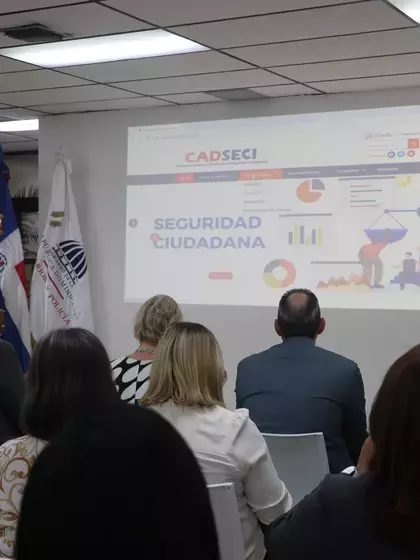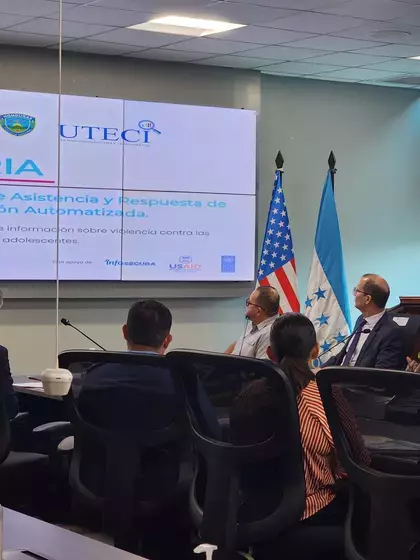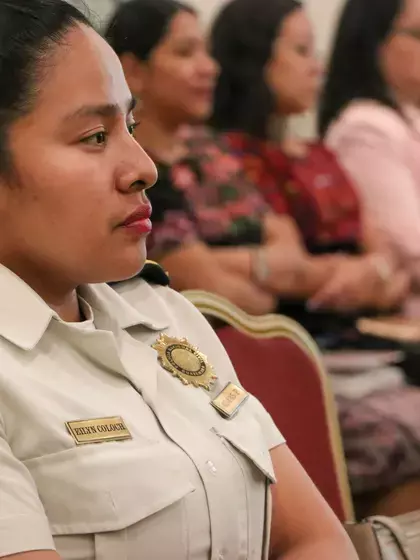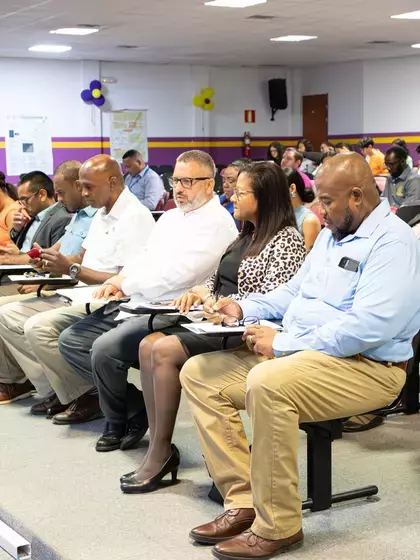Analysis of the state of the prison population in Honduras in 2022
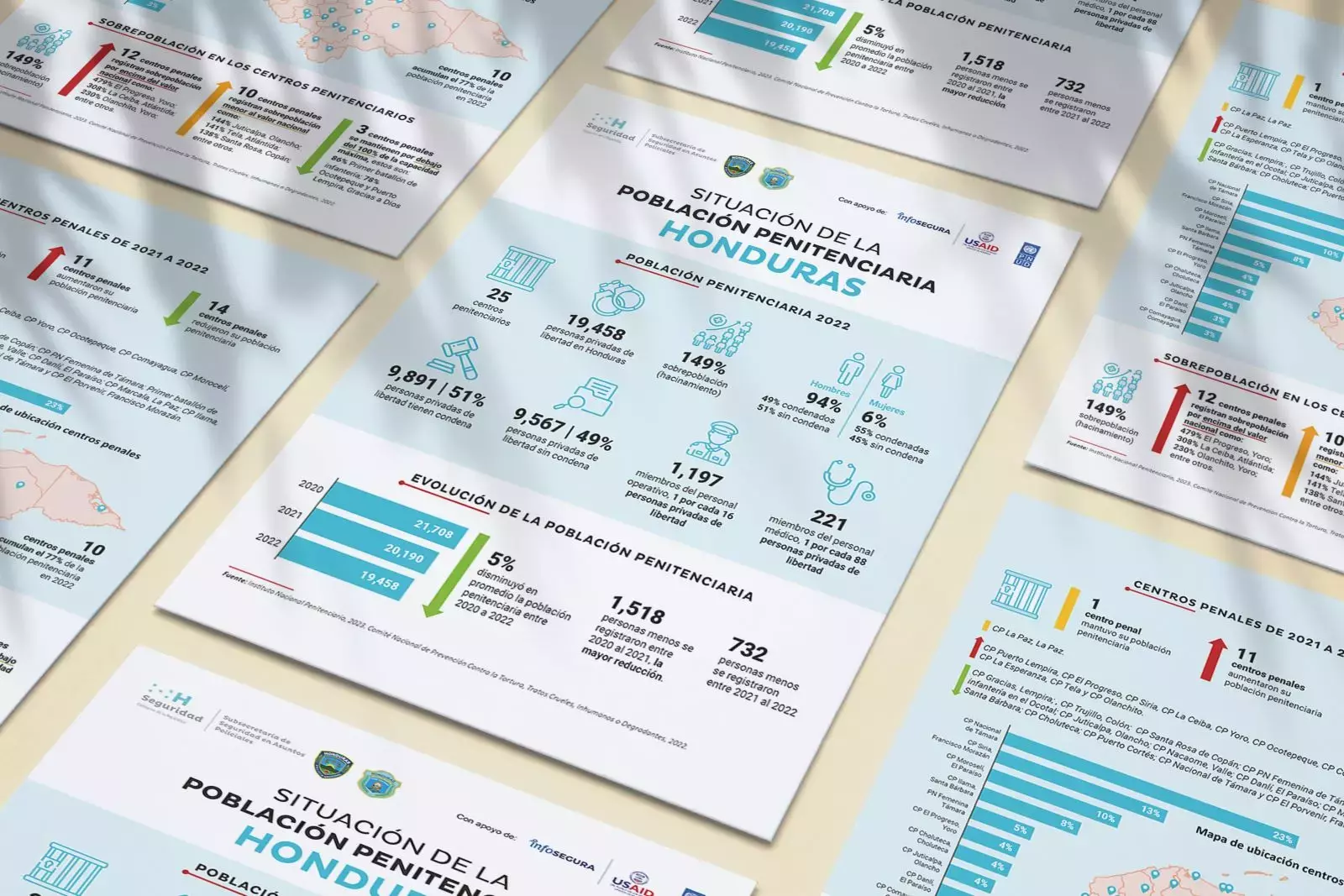
According to data from the National Penitentiary Institute, there are 19,458 persons deprived of liberty in Honduras, distributed in 25 penitentiary centers, with 94% of the prison population being male and 6% female.
Out of 19,458 people in prison, only 51 per cent (9,891 people) have received a sentence, and 49 per cent (9,567 people) have not received a sentence. The sentenced population is 95% male and 5% female; the population without a sentence is 96% male and 4% female.
Overcrowding in prison facilities is 149 per cent, with 12 penitentiary centers registering overpopulations above the national figure, such as: El Progreso (Yoro) at 479% overpopulation; La Ceiba (Atlántida) at 308% overpopulation; Olanchito (Yoro) at 230% overpopulation, to name a few.
To manage the country's prison population, in 2022, there was an operational staff of 1,197 members, 1 for every 16 inmates, and 221 medical staff members, 1 for every 88 inmates.
In 2022, only six per cent of the total prison population (9,891) with a sentence engaged in reintegration programs.
Preliminary data to date are available at the Citizen Security Open Data Portal. Data are updated as per verification by the responsible institutional agencies and field work by the technicians of the Technical Inter-Institutional Coordination Unit (UTECI) of the Secretariat of Security's Sub-Secretariat for Security in Police Affairs Honduras.
Analysis of the state of prison population in Honduras
This analysis is the outcome of strategic coordination between the Secretariat of Security's Sub-Secretariat for Security in Police Affairs in Honduras and national institutions that produce information on citizen security1 with the support of the United Nations Development Programme (UNDP) and the United States Agency for International Development (USAID) through the InfoSegura Regional Project, in order to strengthen the capability to develop gender-responsive evidence-based public policies with an important prevention component, based on quality, consensual and transparent official country information.
This article was originally published on the UNDP Honduras website.
- Source: Data from the National Penitentiary Institute, 2023. National Committee for the Prevention of Torture, Cruel, Inhuman or Degrading Treatment or Punishment, 2022.

